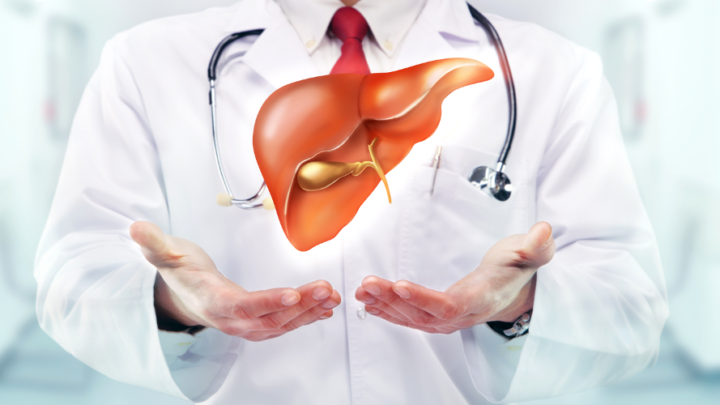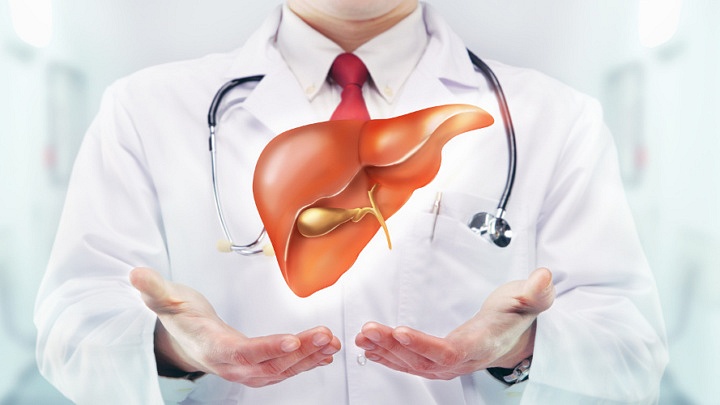The liver is an organ located within the abdomen, weighing approximately 3 lbs. This vital organ is part of the digestive system. Although there are many functions associated with the liver, most people commonly know it as the organ that processes and breaks down alcoholic beverages. However, there are approximately 50…
The liver is our 2nd largest organ (next to the skin) and definitely the most complex. Its duties are plentiful and involve converting food into energy and nutrients, manufacturing enzymes, cholesterol, and bile, regulating blood sugar, filtering harmful substances from the blood, and breaking down hormones and toxins…
One significant area of common concern among men is the importance of hormonal health, particularly in relation to testosterone. Hormones are substances produced by specific cells and glands in one area of the body, transported through the blood, which then stimulate, regulate, or control other areas of the body. Testo…
Your endocrine system is made up of a network of glands, each of which secretes a type of hormone that regulates various functions in your body. You can think of hormones as “chemical messengers” that affect everything from your mood, the look and feel of your skin, your hunger, your digestion, and your energy levels,…
The word “hepatitis” originates from the Greek ‘Hepat,’ referring to the liver; “-itis” refers to any inflammation, so hepatitis is the inflammation of the liver. There are about five million Americans living with hepatitis with about 55,000 new cases annually. In Canada, estimates are at about 500,000. As a naturopath…
Your liver is the central processing department for your body. It is responsible for hundreds of biochemical functions that impact your hormonal health, your nutrition, proper digestion, cholesterol levels, etc. Here are a few highlights of what the liver does for you: • Packages the nutrients from your meals, and send…






